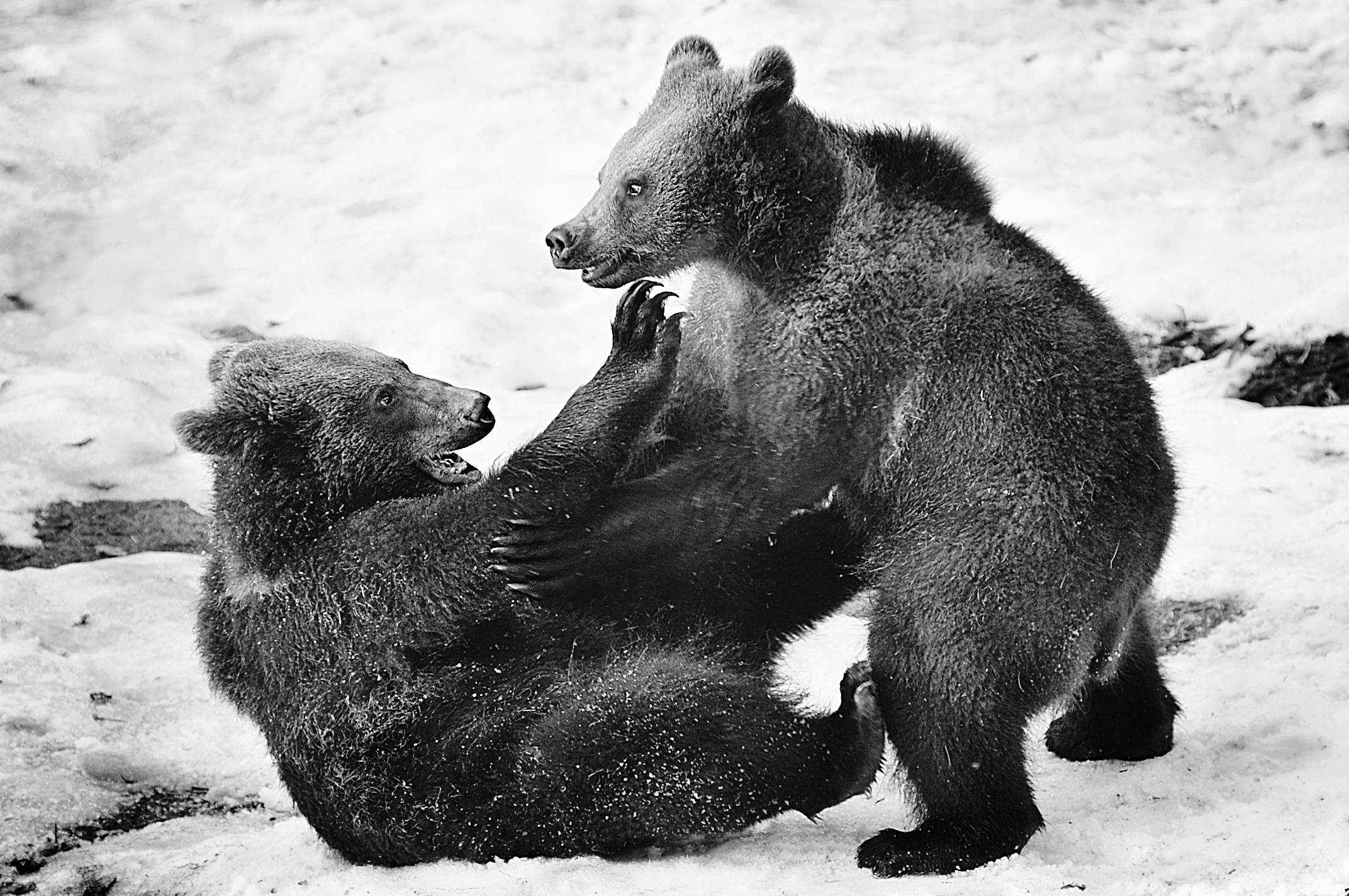Appearance on Being Well Podcast
New video on Youtube: Q&A with FreshStart Alum
Appearance on K-Drama School with Grace Chung
Appearance on Ten Percent Happier
Story about Integrating Self-Parts
My patient's anecdote of how therapy helped her
Pulsing Poignancy
My patient's description of therapy in her own words
Sitting on the Balcony Overlooking a Fog of Fun House Mirrors
New Journal Article on the Importance of Relationships in Trauma Therapy
The Center of the World
Transforming the Ember of Rage
Fighting for Love
The Wisdom of Negative Emotions
My Therapist's Journey: Play Therapy

LoveLink Podcast
The Truth about Trauma Work

two brothers learn to feel and heal
My Therapist's Journey Part 1: Insight.
I've learned so many different types of therapies over the past 20 years and continue to take from everything I’ve ever learned. In a series of posts, I'm going to share what I've personally learned about therapy and becoming a therapist. I hope these posts help future therapists embrace their own journeys and help patients feel more informed and empowered to seek good and smart therapists rather than good and smart therapies that fit their needs in their current moment.